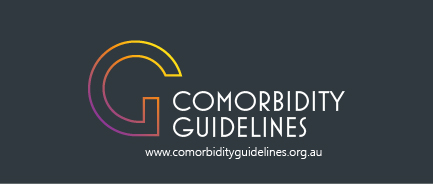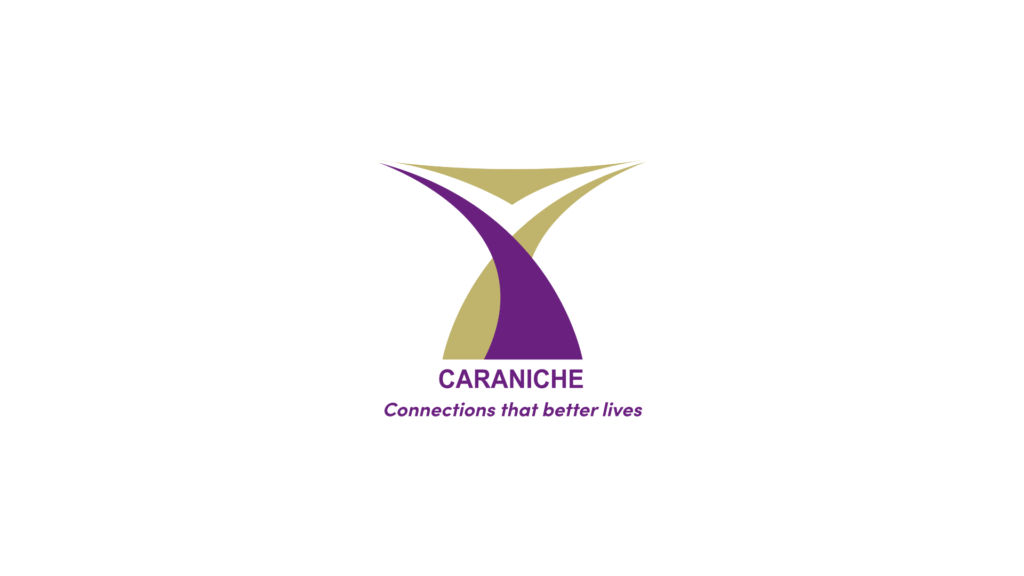Professional Development Training
Recognising and Working with Cognitively Impaired Clients in Alcohol and Other Drug Settings,
presented by Dr James Gooden, Sarah Bussell & Georgia Bolt
Working with cognitively impaired clients can be a significant challenge, particularly when access to assessment services and resources are limited. Cognitive difficulties may arise from a range of aetiologies including acquired brain injury, mental health, substance use, or neurodevelopmental differences and together, this can have a cumulative and adverse impact on treatment outcomes and recovery.
This workshop will provide practical strategies for working with clients who present with or have concerns regarding cognitive difficulties. In particular, this workshop will cover four main themes:
- Recognising cognitive impairment
- Underlying aetiologies across the lifespan
- Supporting clients with cognitive impairment
- Referral pathways: When might assessment be indicated?
Presenters:
Sarah Bussell is a Clinical Neuropsychology Registrar at Turning Point Statewide Services where she provides secondary consultation and neuropsychological assessment for adults with significant substance use histories, collaborating with consumers, referrers, and care teams to guide care planning and formulation. Her work centres on valuing consumer perspectives and experiences whilst considering differential diagnoses and applying evidence-based strategies/supports to enhance everyday functioning. Across both community outpatient and inpatient settings, she also has experience in rehabilitation, complex discharge planning, and co-occurring factors. She completed her Master of Psychology (Clinical Neuropsychology) at the University of Melbourne in 2023 and is committed to translating neuropsychological knowledge into meaningful support for both consumers and healthcare teams.
Georgia Bolt is a Senior Clinical Neuropsychologist working at Turning Point and Austin Health providing neuropsychological assessment and consultation for adults with a range of co-occurring neurodevelopmental, neurological, medical, mental health, substance-related, and neurodegenerative conditions within acute inpatient and community outpatient settings. She works collaboratively with clients/consumers, their supporters, and other multi-disciplinary clinicians across the healthcare sector to inform comprehensive formulations, differential diagnosis, and guide future management, including addressing cognitive, behaviour, and decision-making capacity related issues, and, where indicated, supporting clients/consumers to access disability supports.Georgia was the recipient of the inaugural Maureen Molloy prize in Clinical Neuropsychology at University of Melbourne and is completing a PhD at Turning Point Eastern Health Clinical School/Monash University investigating a novel personalised mHealth cognitive intervention for middle-older adults drinking at hazardous/harmful levels in the community. She has authored academic manuscripts and co-authored a book chapter on Cognitive Assessment, Management and Training in AOD settings, presenting at national and international conferences.
Dr James Gooden is a Senior Clinical Neuropsychologist and clinician researcher with based at the Turning Point Addiction Neuropsychology Service in Richmond, Victoria. His case load includes individuals experiencing a high degree of clinical complexity including comorbid traumatic or acquired brain injury, alcohol and polysubstance use, mental health difficulty, complex trauma, forensic and psychosocial issues. He is a co-author of the clinical practice guidelines for Managing Cognitive Impairment in AOD Treatment published by Turning Point, and has authored 14 academic manuscripts, a book chapter, and presented widely across local, national and international conferences in addition to delivering training across the healthcare sector.
Who should attend: AOD clinicians, counsellors, support workers and allied health.
NOTE: This workshop is only available to staff who are working in a Victorian Department of Health (DH) funded AOD organisation.Important: If you register and do not attend on the day your organisation will receive a fee, this training is in high demand and we can offer places to others on the wait-list, than you.
Cancellation policy: This is a free event, however if your circumstances change please log into your Eventbrite account and cancel your registration or alternatively email tp@turningpoint.org.au no later than 3 days prior to advise of your inability to attend.
Places are limited in these free workshops, so all participants are requested to provide their Manager’s contact details during registration. Managers will be contacted if participants fail to attend training without providing notice.
Registration enquiries: tp@turningpoint.org.au
Date: Friday 28th November 2025
Time: 9:30am – 4:30pm
Venue: Turning Point, Level 1, Training Rooms – 110 Church St, Richmond 3121
Cost: Free – This workshop is only available to staff who are working in a Victorian Department of Health (DH) funded AOD organisation.
Register: here
Enquiries: tp@turningpoint.org.au
Cancellation policy: This training is free, however if your circumstances change, please log into your Eventbrite account and cancel your registration or alternatively email tp@turningpoint.org.au to advise of your inability to complete.





